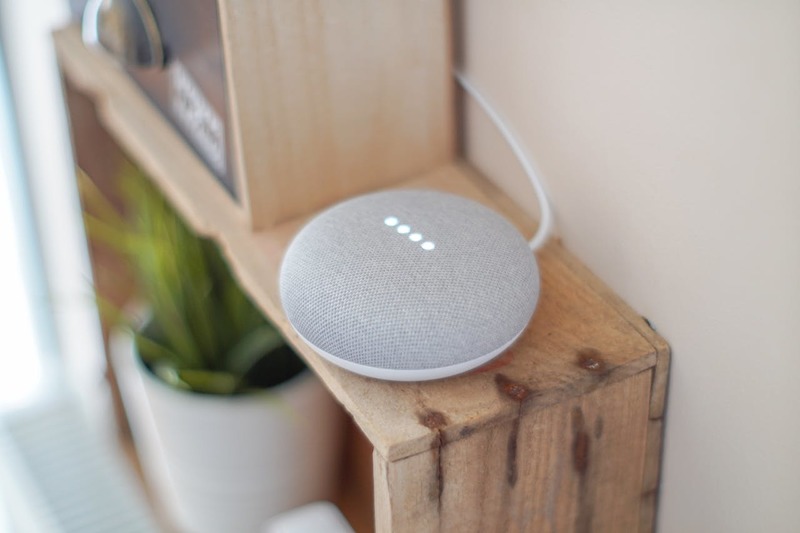Pros and Cons of Smart Homes
 Smart homes are becoming more popular every day. They offer many benefits, but there are also some downsides. Here are the pros and cons of smart homes to help you decide if they are right for you.
Smart homes are becoming more popular every day. They offer many benefits, but there are also some downsides. Here are the pros and cons of smart homes to help you decide if they are right for you.Pros of Smart Homes
Convenience
Smart homes make life easier. You can control lights, thermostats, and appliances with your phone or voice commands. This means you can turn off the lights without getting out of bed or start your coffee maker from the comfort of your couch.
Energy Efficiency
Smart homes can save you money on energy bills. Smart thermostats learn your schedule and adjust the temperature automatically, so you don't waste energy when you're not home. Smart lights can turn off when you leave a room.
Security
Smart security systems offer peace of mind. You can monitor your home from anywhere using your smartphone. Smart locks let you unlock your door remotely, and security cameras alert you to any suspicious activity.
Accessibility
Smart homes can help people with disabilities. Voice-controlled devices make it easier for people with mobility issues to control their home environment. Smart devices can also remind people to take medication or help them keep track of their daily activities.
Customization
Smart homes allow for personalization. You can set up routines that fit your lifestyle, like having the lights dim and relaxing music play at bedtime. You can also receive notifications if something unusual happens at home.
Cons of Smart Homes
Cost
Smart home devices can be expensive. The initial cost of setting up a smart home can be high, and some devices require a subscription for full functionality. It's important to consider whether the benefits outweigh the costs for your situation.
Privacy Concerns
Smart homes collect a lot of data about your habits and routines. This information can be vulnerable to hacking. It's important to use strong passwords and keep your devices updated to protect your privacy.
Complexity
Smart homes can be complicated to set up and maintain. Not all devices are compatible with each other, and troubleshooting can be time-consuming. You might need technical support to keep everything running smoothly.
Reliability
Smart home devices depend on an internet connection. If your internet goes down, you might lose control of your devices. It's important to have a backup plan in case of connectivity issues.
Learning Curve
There is a learning curve with smart homes. It takes time to understand how to use all the features and get the most out of your devices. Some people may find this frustrating.
Next Article

